1. All in the Family – “Sammy’s Visit” (1972)
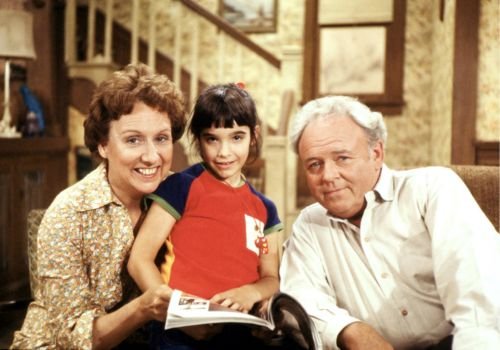
Archie Bunker wasn’t known for welcoming guests who didn’t fit into his worldview, which is why Sammy Davis Jr.’s appearance was so groundbreaking. The episode flipped the script by having Archie caught in a rare moment of admiration, followed by that famous kiss on the cheek. It was the kind of moment that television had rarely seen before, blending social commentary with pure sitcom timing. While people still talk about the kiss in TV history classes, the episode itself often gets overshadowed by other All in the Family milestones.
What makes it fascinating now is how ahead of its time it was. It wasn’t just about celebrity stunt casting, it was about using humor to address prejudice. The moment lasted only seconds, but it stuck with anyone who saw it. For all the serious episodes All in the Family delivered, this one managed to be bold without feeling heavy-handed. It deserves to be remembered as more than a gimmick.
2. The Mary Tyler Moore Show – “Chuckles Bites the Dust” (1975)
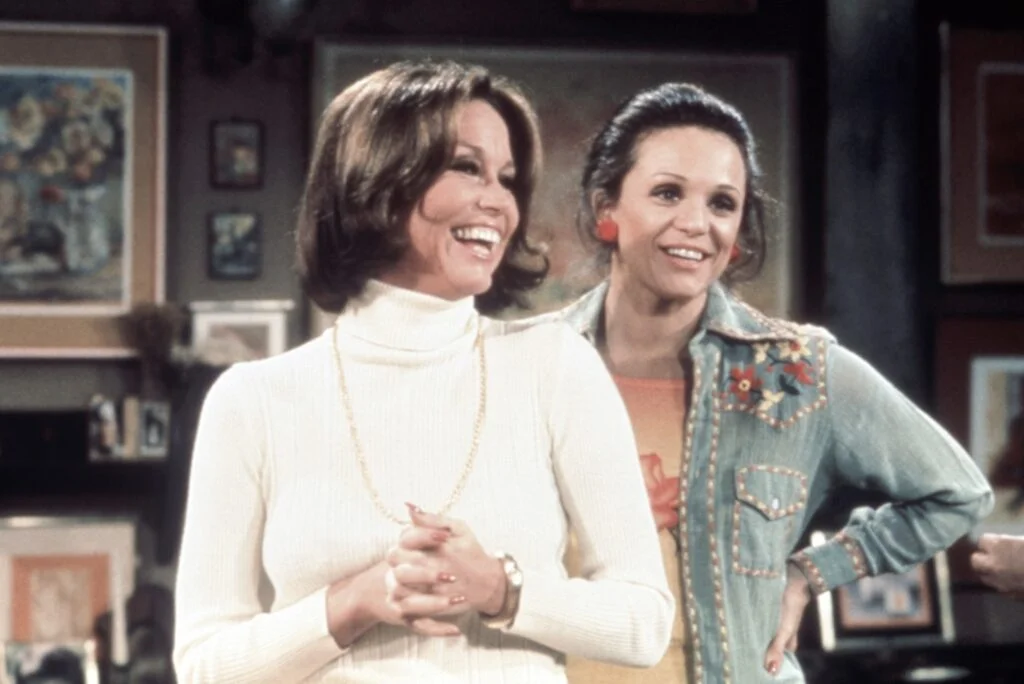
If you’ve ever heard about this episode, it’s probably in lists of the greatest sitcom moments. But oddly enough, many people haven’t actually seen it. The episode revolved around the bizarre funeral of a TV clown, which allowed Mary Richards to break into uncontrollable laughter during the service. It was absurd, heartbreaking, and hilarious all at once.
The brilliance came from showing how people cope with grief in unpredictable ways. Mary’s attempt to stifle her laughter felt painfully real, and when the tears came after, it hit even harder. The writers walked a razor’s edge between comedy and tragedy, and they nailed it. It may not be quoted daily like other episodes, but it changed the way sitcoms could handle serious themes.
3. M*A*S*H – “Abyssinia, Henry” (1975)
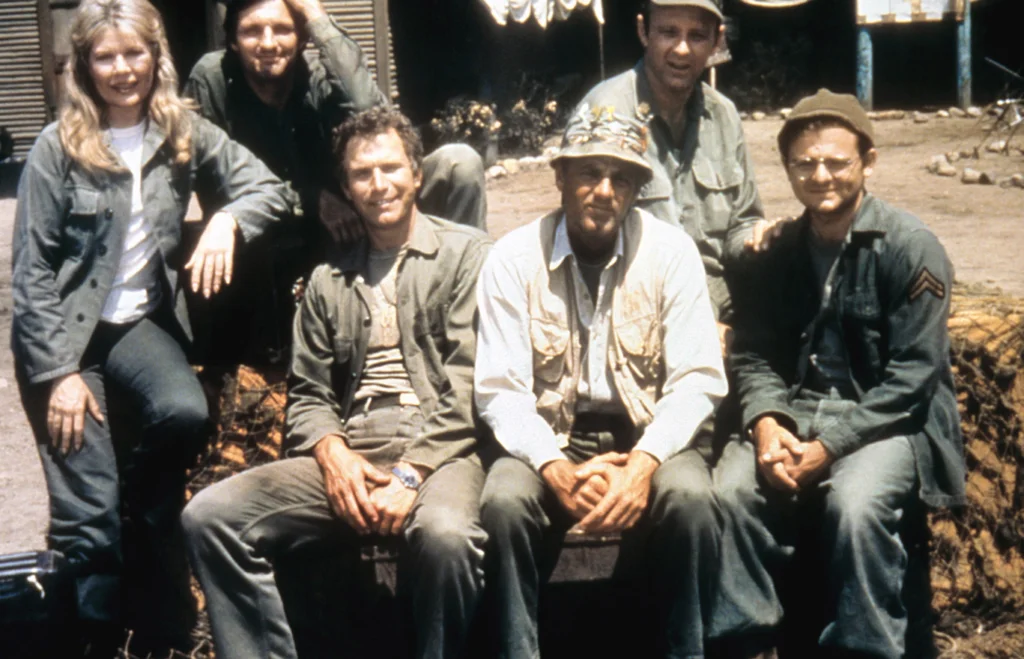
This was the episode where viewers said goodbye to Lt. Colonel Henry Blake, and the shock still lingers. After announcing his discharge and departure, the story seemed headed for a happy ending. But then, in a chilling final scene, the cast (and the audience) learned his plane had been shot down. It was a gut punch for fans who expected sitcoms to tie things up with a bow.
The decision made TV history by breaking conventions, but it’s not often rewatched because it’s such a difficult episode. Most people remember M*A*S*H for its mix of humor and heart, but this particular moment felt raw and almost cruel in its honesty. It forced audiences to acknowledge the realities of war in a way sitcoms had never attempted. For that reason, it stands out, even if some would rather forget it.
4. Good Times – “The Big Move” (1974)
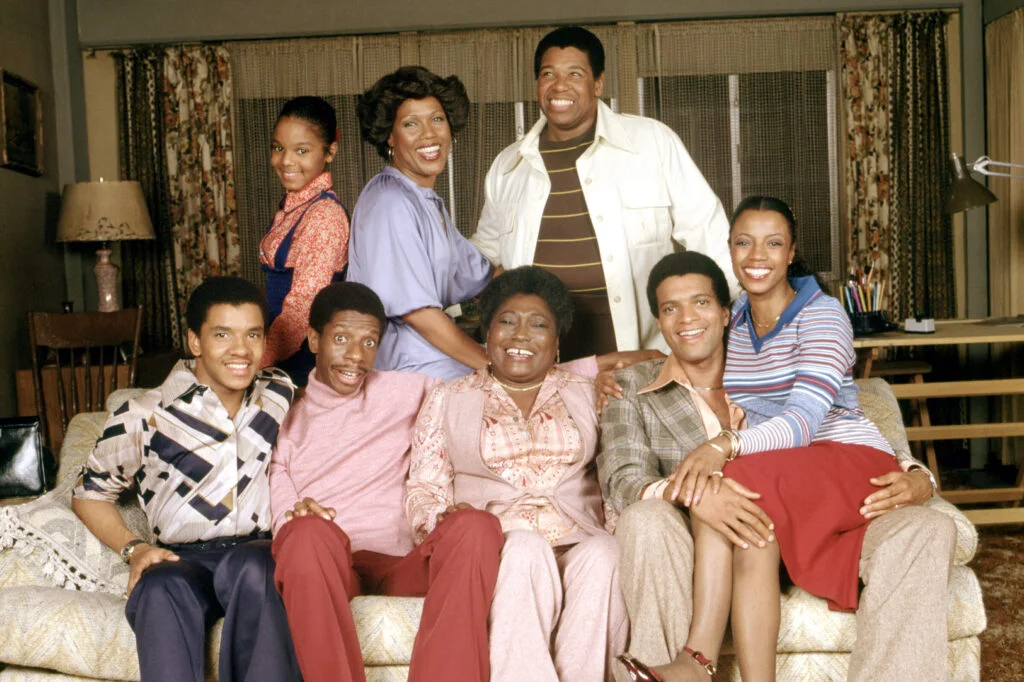
Good Times was often praised for showing the struggles of a working-class Black family with warmth and humor. But the first episode, when the Evans family prepared to move, set the tone in ways people don’t always credit. It established their financial challenges, their closeness, and the reality that “good times” were often hard to come by. The laughs were there, but so was an undercurrent of realism.
Looking back, it’s easy to focus on later episodes that dealt with heavier social issues. Yet this one quietly made history by showing that sitcoms didn’t have to shy away from poverty. It was both relatable and groundbreaking, creating a template for other shows to follow. It may not get the same recognition as J.J.’s “Dy-no-mite!” catchphrases, but it deserves more love.
5. The Odd Couple – “Password” (1973)
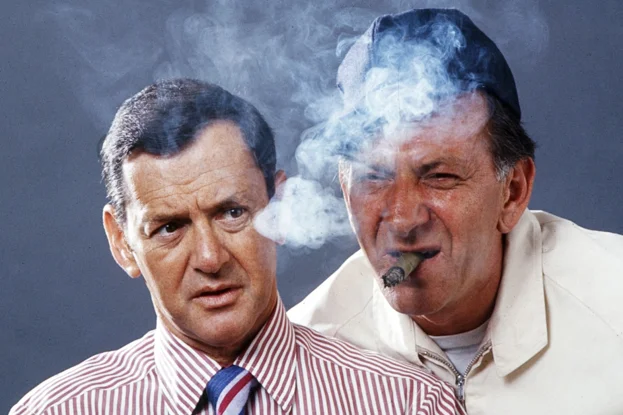
This quirky crossover had Felix and Oscar appearing as contestants on the real game show Password. With Allen Ludden playing himself, the lines between TV fiction and reality blurred in a way that felt fresh for the time. Watching the mismatched roommates bring their bickering into a real-world game show format was both surreal and hilarious.
Today, the blending of sitcoms and reality TV happens often, but back then it was rare. The episode wasn’t a ratings juggernaut, but it paved the way for future sitcom stunts that merged pop culture with scripted television. It’s a hidden gem that proved The Odd Couple could find comedy just about anywhere. For sitcom history buffs, it’s worth a revisit.
6. Sanford and Son – “Mama’s Baby, Papa’s Maybe” (1975)
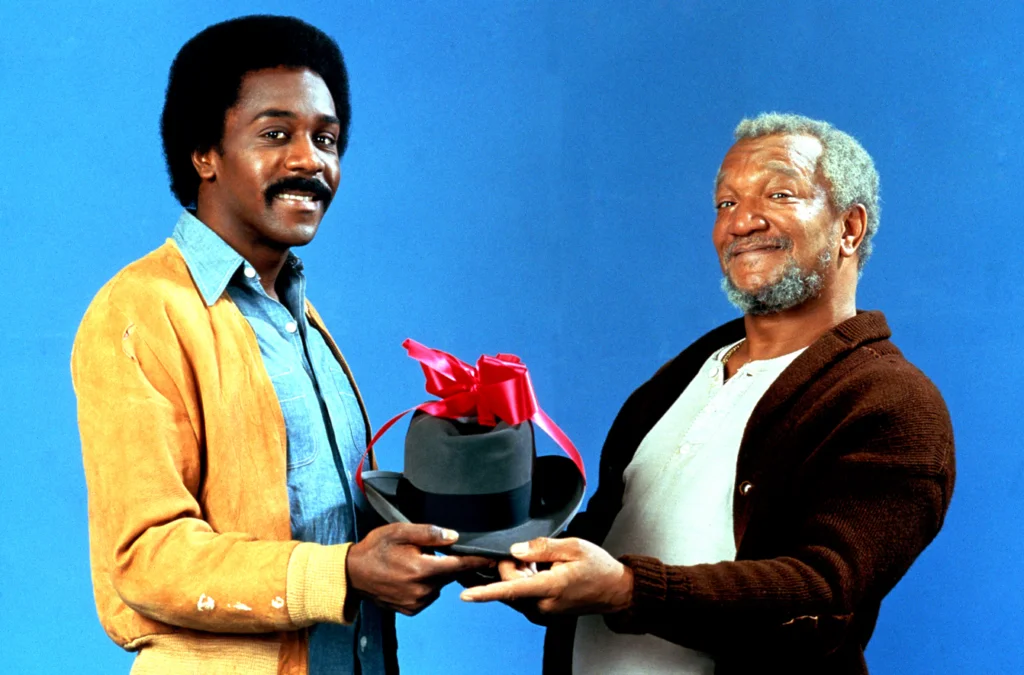
Fred Sanford was known for his big mouth and bigger heart, but this episode dealt with a particularly sensitive subject. When a man shows up claiming to be Fred’s son, the tension creates a mix of comedy and drama that pushed boundaries. The episode explored family secrets and questions of paternity in a time when most sitcoms wouldn’t dare.
While it leaned on humor, the themes were serious and reflective of real-life issues. What made it unique was that it didn’t shy away from the discomfort of the subject. Fred’s mix of denial and bluster made for both laughs and poignant moments. It’s often forgotten among the show’s more slapstick outings, but it deserves to be remembered for its boldness.
7. Barney Miller – “Hash” (1976)
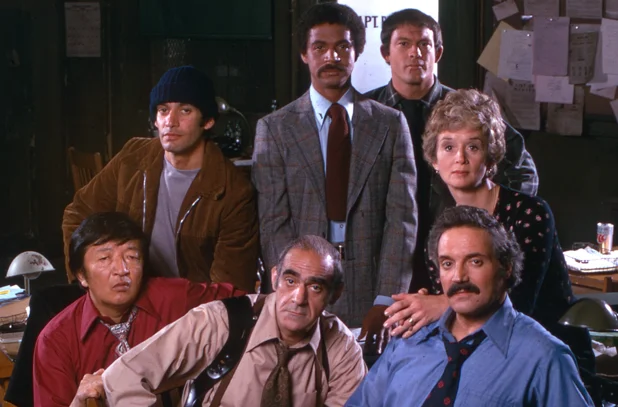
One of the most unusual episodes of the series involved the precinct accidentally eating brownies laced with hashish. The result was a lineup of officers behaving in bizarre, slowed-down, and giggly ways. It was risky material for the time, tackling drug culture with humor rather than lectures.
What makes it memorable is how Barney Miller turned what could’ve been a heavy-handed message into a sharp, funny, and strangely warm episode. The humor came naturally from the characters, not from mocking drug use. In its own way, it reflected the cultural conversations happening in the ’70s. Today it feels almost ahead of its time, but many casual fans overlook it.
8. Happy Days – “Hollywood: Part 3” (1977)
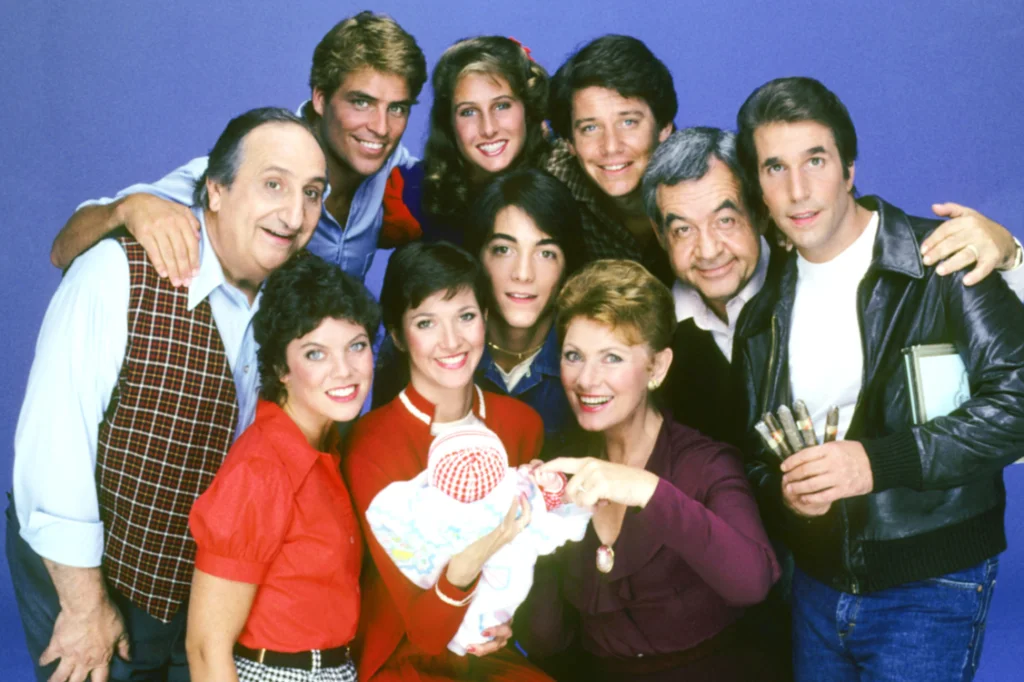
Everyone remembers the phrase “jump the shark,” but fewer people actually recall the full episode. This was the one where Fonzie literally water-skied over a shark, creating a pop culture phrase that lives on. The stunt was meant to be fun and daring, but it accidentally became a symbol of TV shows pushing things too far.
Looking back, it’s more charming than embarrassing. Fonzie was always cool enough to pull off the impossible, and the episode captured the over-the-top energy of the time. But its historical importance outweighs its actual viewing numbers. It may not be the best episode of Happy Days, but it made sitcom history in a way nobody could have predicted.
9. One Day at a Time – “Ann’s Decision” (1978)
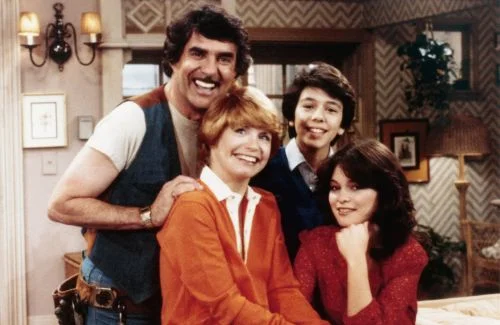
This episode centered on Ann Romano’s choice about whether or not to have an abortion. It was one of the first sitcoms to even mention the subject, let alone tackle it directly. The episode didn’t resolve things with a neat answer, instead reflecting the complexity of the decision. It was a stark contrast to the lighthearted tone audiences expected.
Because of the sensitivity, it isn’t often rerun or widely discussed. Yet it quietly made history by showing that sitcoms could confront deeply personal and controversial topics. It may not be a “funny” episode, but it proved that sitcoms could still be thoughtful and brave. Its legacy lives on, even if it’s mostly remembered by those who watched it when it first aired.
10. WKRP in Cincinnati – “Turkeys Away” (1978)
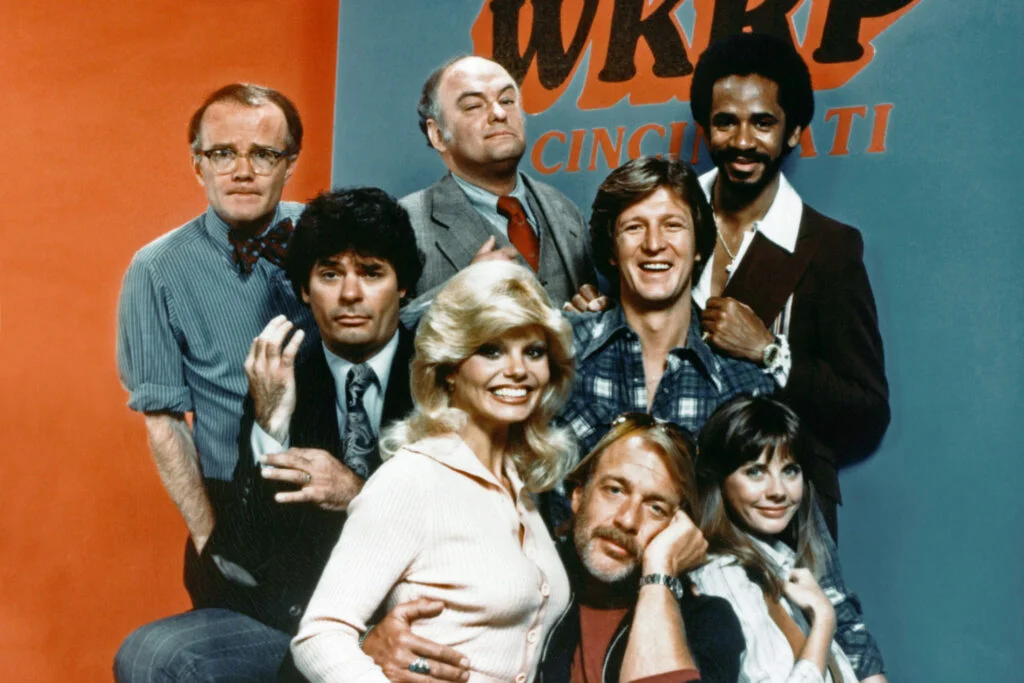
The sight of live turkeys being dropped from a helicopter is forever etched in sitcom lore. The absurdity of the stunt, combined with Les Nessman’s panicked narration, created one of the most memorable disasters in TV comedy. It’s often remembered in bits and pieces, but many forget just how wild the full episode was.
What made it special was the buildup. The staff’s cluelessness, the unexpected chaos, and Mr. Carlson’s defeated line at the end—“As God is my witness, I thought turkeys could fly”—made it an instant classic. Still, it doesn’t always get its due in conversations about iconic sitcom episodes. For those who know it, though, it’s a masterpiece of situational comedy.
11. Maude – “Maude’s Dilemma” (1972)
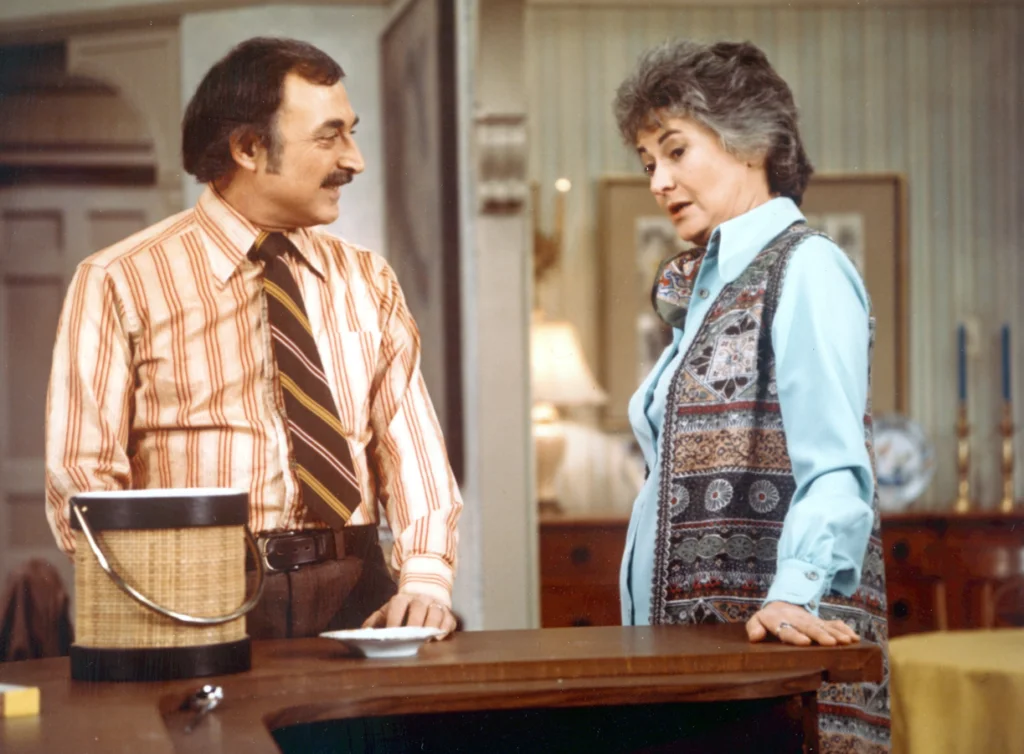
Long before TV was comfortable with tough subjects, Maude tackled abortion in a two-part storyline. Maude’s choice sparked national debates, with letters and protests flooding the network. It was groundbreaking television, especially for a sitcom, and it showed that comedy could also stir serious conversations.
Today, it’s remembered more as a controversy than as an episode people actually sit down to watch. But Bea Arthur’s performance was powerful, blending humor with vulnerability. It wasn’t just a sitcom moment, it was a cultural event. And yet, outside of history books, many people don’t realize just how impactful it was.
12. Taxi – “Latka the Playboy” (1979)

Andy Kaufman’s character Latka Gravas was always unpredictable, but this episode took things to another level. After developing a split personality, Latka began living as a smooth-talking playboy named Vic Ferrari. The storyline was bizarre, funny, and confusing all at once, perfectly matching Kaufman’s style.
It made history by letting Kaufman essentially reinvent his character within a sitcom. Some fans loved it, others scratched their heads, but it was unlike anything else on TV at the time. The episode highlighted how sitcoms could experiment with form and character in ways dramas rarely could. It may not be everyone’s favorite, but it’s unforgettable once you’ve seen it.
13. Rhoda – “Rhoda’s Wedding” (1974)
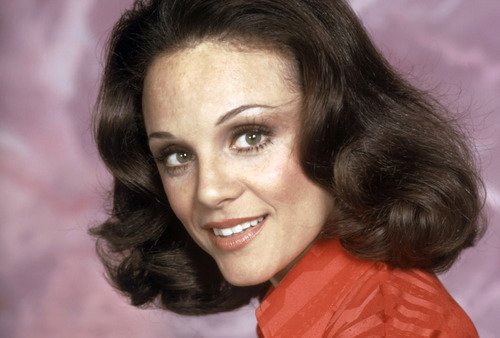
When Rhoda Morgenstern, Mary Richards’ best friend from The Mary Tyler Moore Show, got her own series, no one expected her wedding episode to become one of TV’s biggest events. It aired as a special one-hour episode and drew an astonishing audience, with viewers treating it like a real-life wedding. The streets of New York were even filled with fans celebrating as if it were happening off-screen. The excitement showed just how invested audiences were in these characters.
Yet, over time, the episode has faded from memory. Today, people tend to think of Rhoda as a spinoff that didn’t quite reach the heights of its parent show. But for one night, Rhoda was America’s bride, and her marriage to Joe was must-see television. It proved that sitcoms could deliver event television just as effectively as dramas.
14. The Jeffersons – “Once a Friend” (1977)
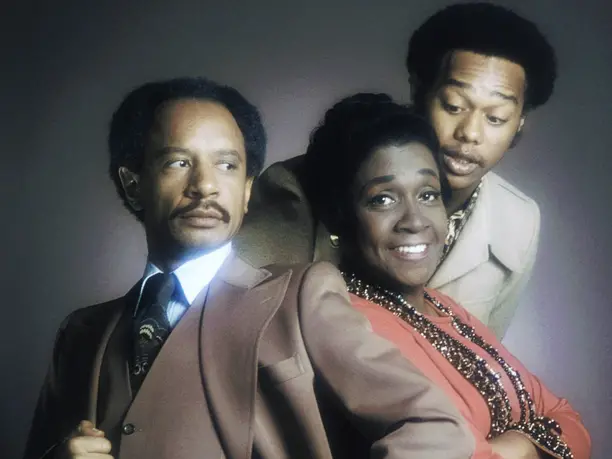
This episode made headlines for being one of the first sitcoms to feature a transgender character. George Jefferson runs into an old Navy buddy, only to learn that his friend is now living as a woman named Edie. The episode tackled themes of acceptance and prejudice with a mix of humor and discomfort. It was groundbreaking, though at the time controversial.
While it may feel dated in how the subject was handled, the fact that it aired at all was remarkable. It pushed boundaries in ways sitcoms rarely dared in the ’70s. Today, it isn’t often cited among The Jeffersons’ best episodes, but it quietly changed television history. It deserves recognition for opening doors, even if imperfectly.
15. The Brady Bunch – “The Subject Was Noses” (1973)
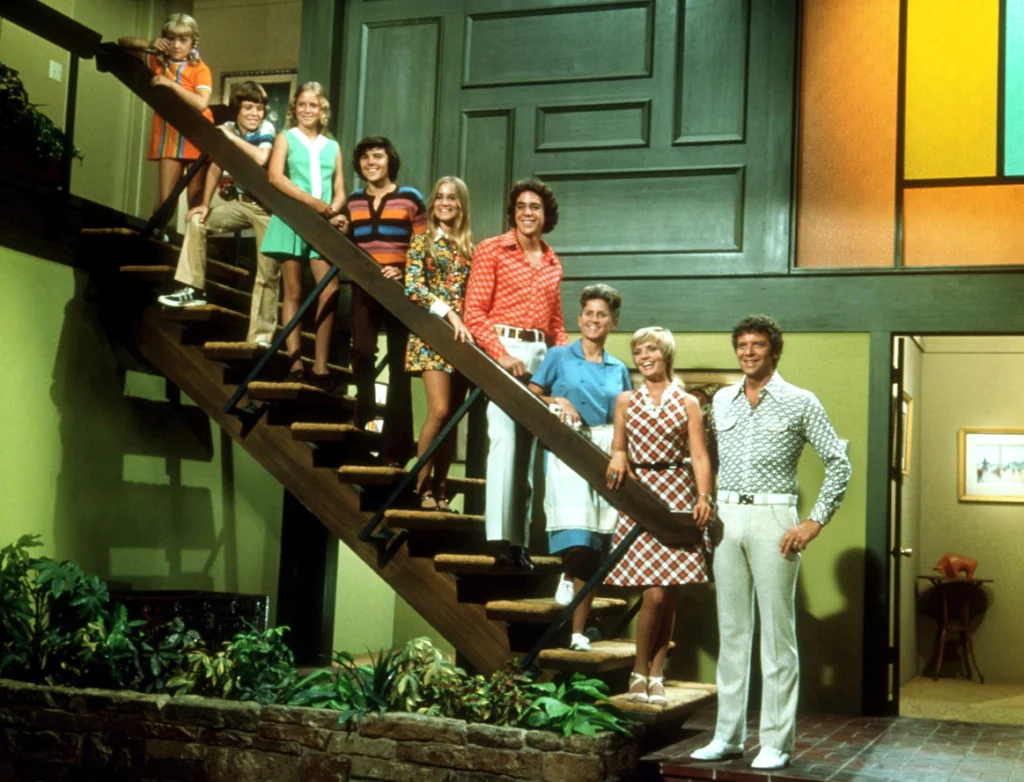
This was the episode where Marcia Brady got hit in the nose with a football, ruining her big date. “Oh, my nose!” became an instant catchphrase, even though many forget the details of the actual episode. At the time, it was just another goofy Brady Bunch plotline, but it ended up being one of the most parodied sitcom moments ever.
What’s funny is that people often remember the line but not the context. The episode itself showed Marcia’s insecurities and teenage melodrama in a way that felt relatable. It turned a simple accident into sitcom history. While the Brady Bunch wasn’t known for deep stories, this little moment still lingers in pop culture memory.
16. Diff’rent Strokes – “Willis’ Privacy” (1978)
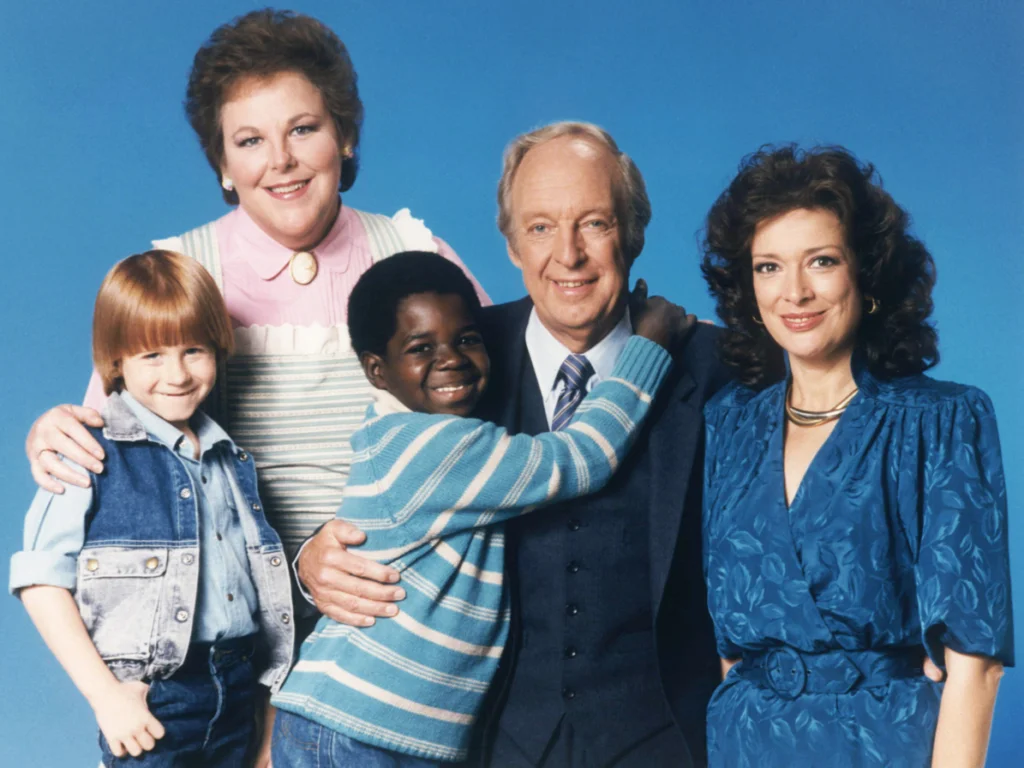
When Diff’rent Strokes premiered late in the ’70s, it quickly became a cultural staple. One of its early episodes focused on Willis wanting privacy in his new home, clashing with his younger brother Arnold’s constant antics. The show managed to balance humor with the real struggles of kids adapting to a new life. It was simple, but it gave depth to the characters beyond the punchlines.
Looking back, this episode marked the start of the “very special episode” trend that the show would become famous for in the ’80s. It proved that a sitcom could gently address family conflicts while still being funny. It’s not as infamous as later, heavier storylines, but it made history by showing sitcom kids could have layered emotions. It’s often overlooked, but it set the tone for years to come.
17. Welcome Back, Kotter – “Sweathog Christmas Special” (1975)
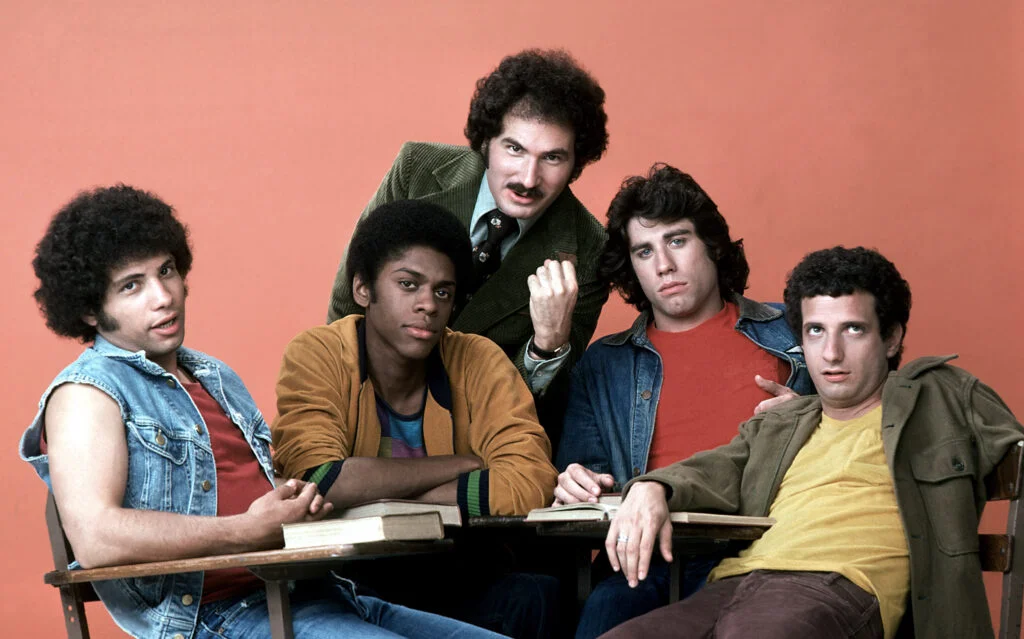
Holiday episodes were a staple of sitcoms, but this one carried a surprising weight. The Sweathogs try to throw together a Christmas celebration, only to learn that one of them might not have a home to go to for the holidays. Instead of leaning only on laughs, the episode used the humor of the characters to underscore a real sense of community and care.
It wasn’t flashy, but it was heartfelt in a way people didn’t expect from the wisecracking group. Gabe Kotter’s balance of sarcasm and kindness gave it warmth that stuck with viewers. The episode quietly stood out as one of the first times the show leaned into its emotional core. It’s been overshadowed by catchphrases and laughs, but it had a sincerity worth remembering.
18. Three’s Company – “The Bake-Off” (1977)
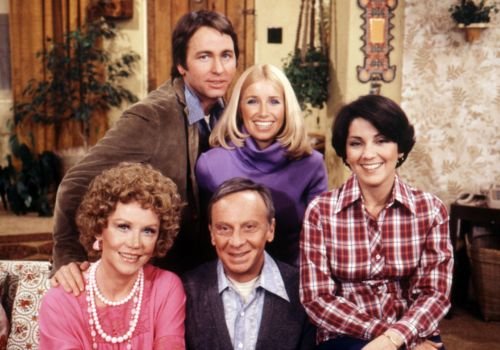
While Three’s Company is remembered for its misunderstandings and slapstick, “The Bake-Off” took the formula to its peak. Jack enters a pie-baking contest, but chaos ensues when dozens of pies start filling the apartment. The physical comedy escalates until pies are flying everywhere, making it one of the most outlandish food-fight sequences on TV.
At the time, critics didn’t take it seriously, but it showcased just how well the cast could handle physical humor. John Ritter’s timing was flawless, turning a silly premise into something unforgettable. It’s not one of the “big” episodes people cite when talking about the show, but it quietly defined the sitcom’s brand of comedy. For pure laughs, it was history-making in its own right.


